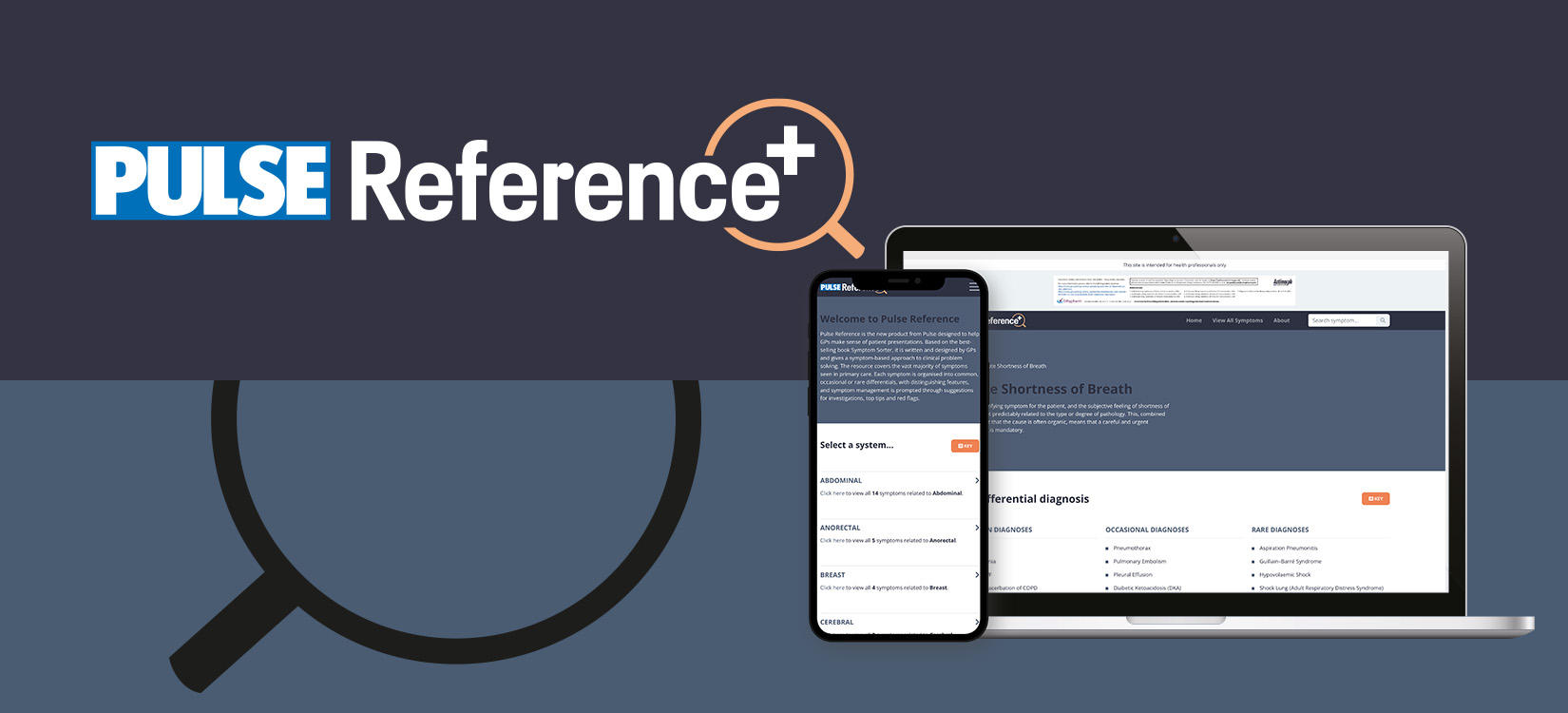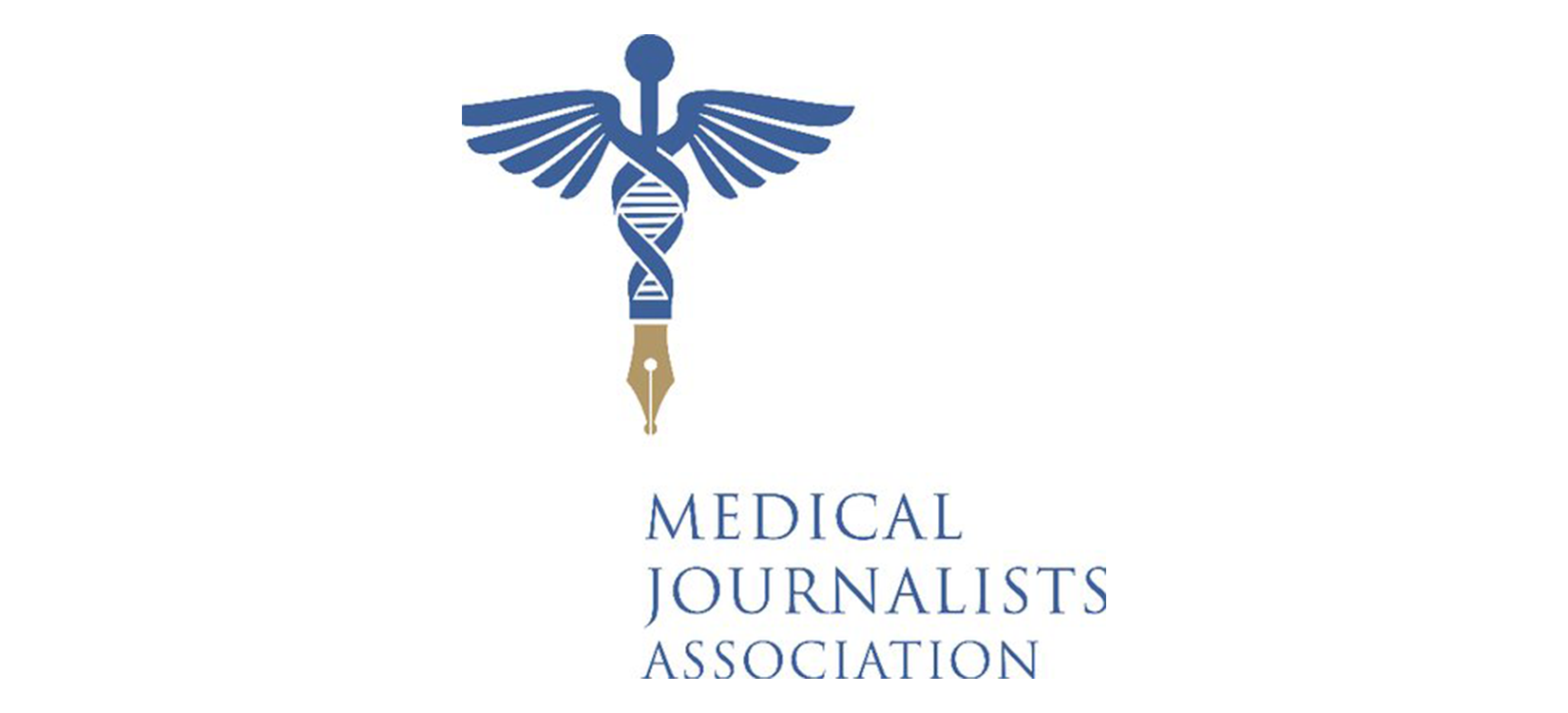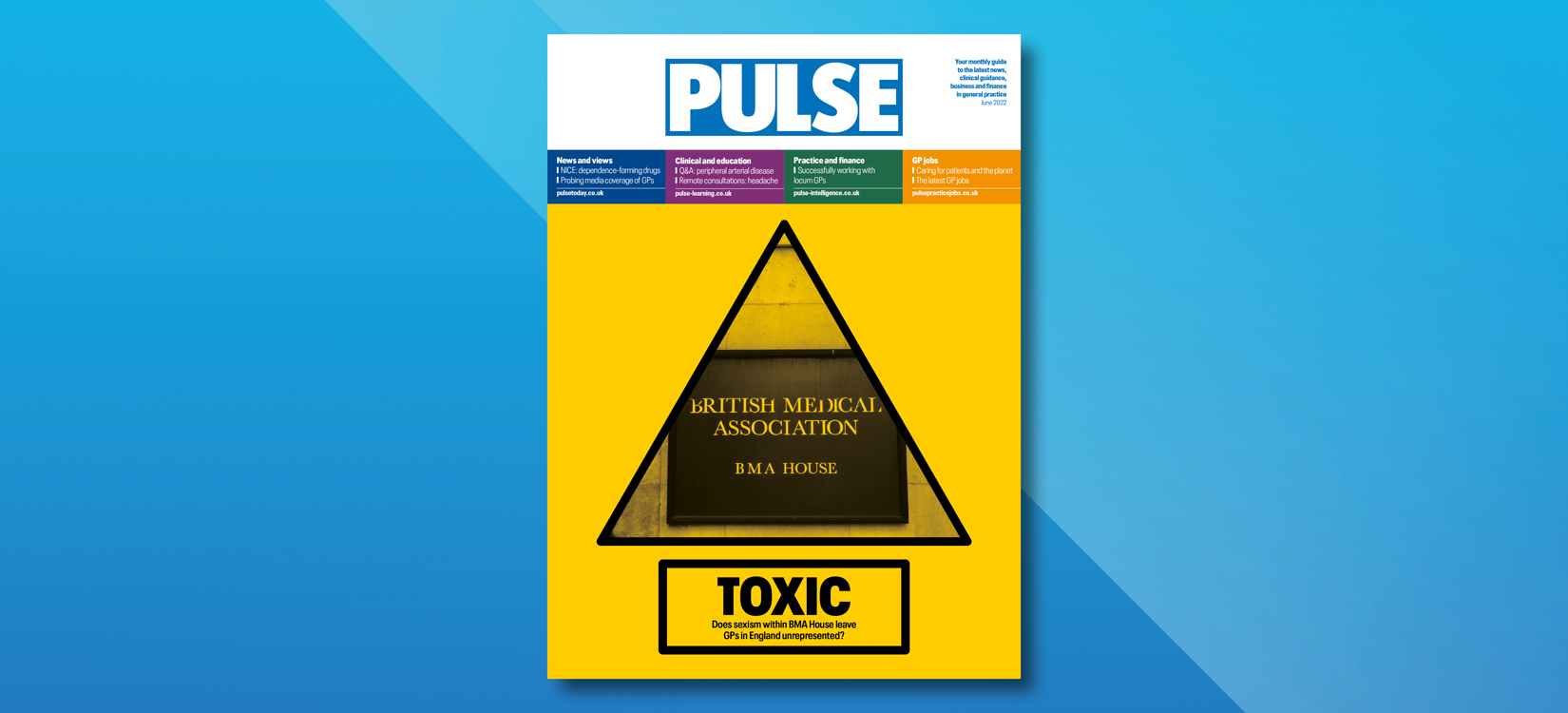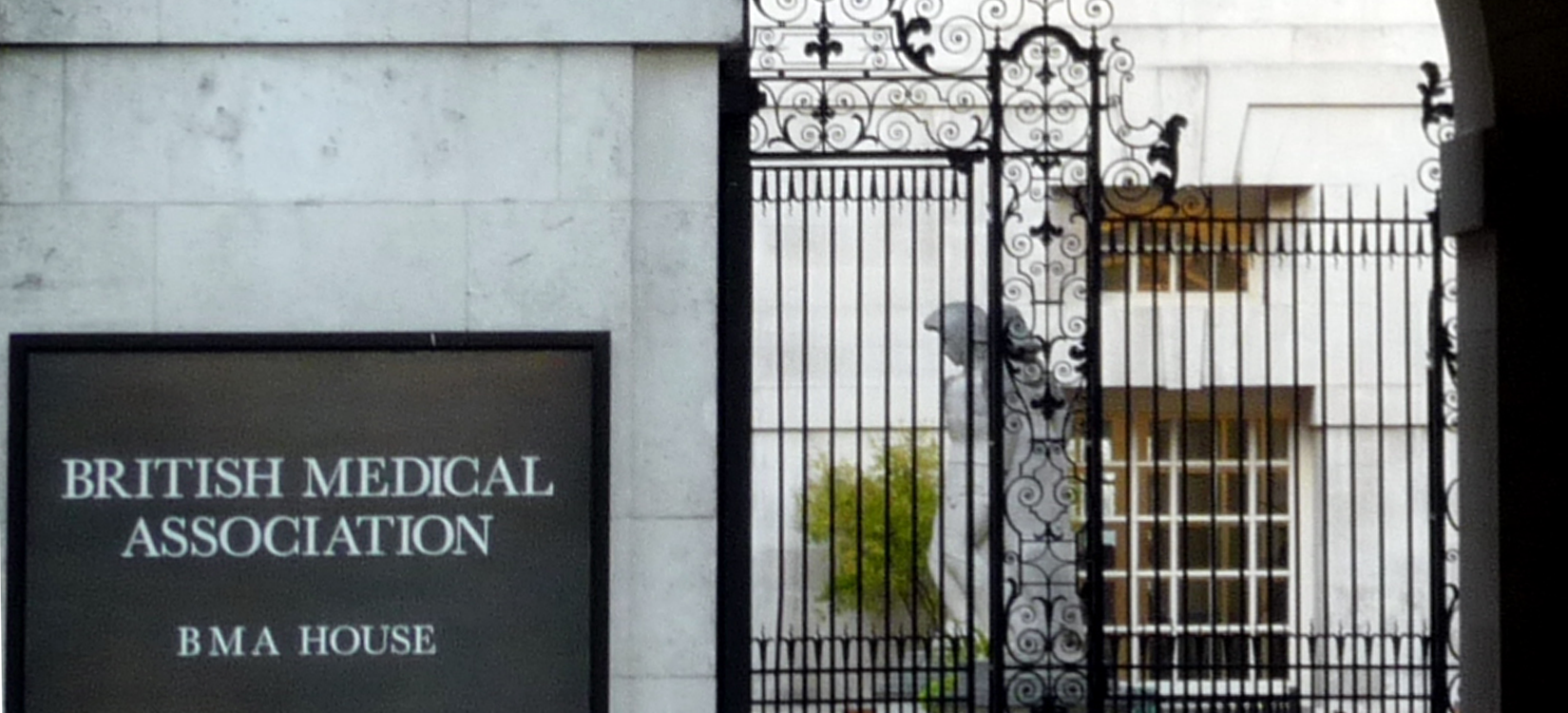Pulse Today launches Pulse Reference, a new service for GPs that allows them to check symptoms and receive potential diagnoses while in consultations.
Pulse Reference is a free service based on the best-selling Symptom Sorter book, written by Pulse’s clinical adviser Dr Keith Hopcroft and Dr Vincent Forte.
The service has details on 140 symptoms and has been designed by GPs to be used within consultations, including easily searchable symptoms and categories.
It is free for all GPs to use and it will be constantly updated.
The Symptom Sorter book was released to redress the balance between symptoms and diagnoses.
It presents a multitude of symptoms commonly encountered in primary care, using the red flags, top tips and ready reckoner format for sorting symptoms – a format that has been replicated on Pulse Reference.
Pulse editor Jaimie Kaffash said: ‘We hope that this new service will be invaluable for GPs. This is for use within consultations, to enable GPs to refresh their knowledge on symptoms with suggested diagnoses.
‘We know how busy GPs are, and Pulse Reference has been written and designed by GPs who understand these pressures. So please, add the site to your favourites to support you in your practice.’
The experts behind Pulse Reference
Dr Keith Hopcroft is the co-author of Symptom Sorter and has been Pulse’s editorial advisor for more than 15 years. He is a GP in Basildon, Essex, an associate trainer and medical writer and columnist.
Dr Poppy Freeman is also a clinical advisor to Pulse and set up the Covid Toolkit on Pulse Today in 2020 to provide GPs with up-to-date guidance on all the clinical and organisational Covid updates. She is a GP in Camden.









